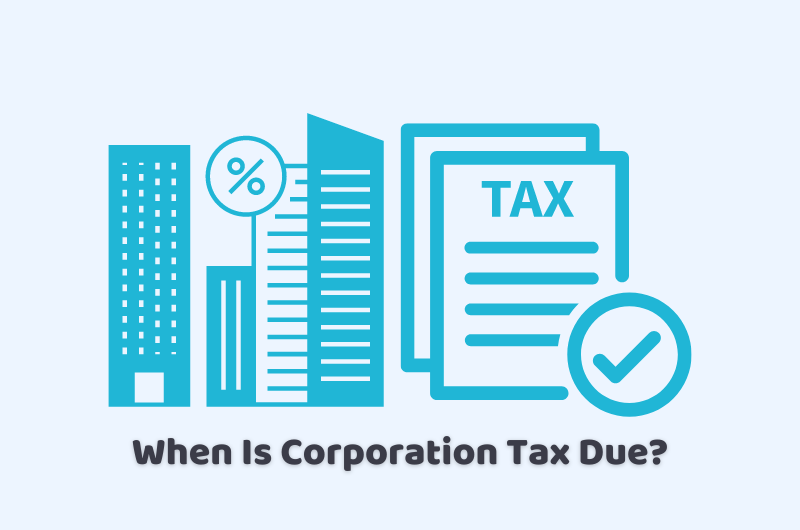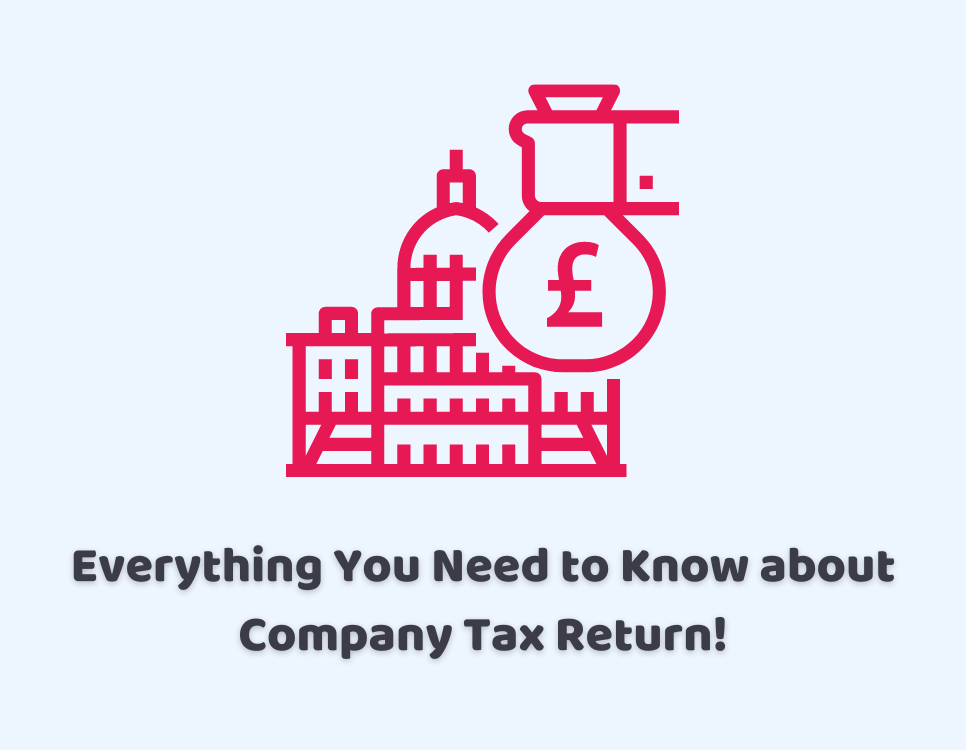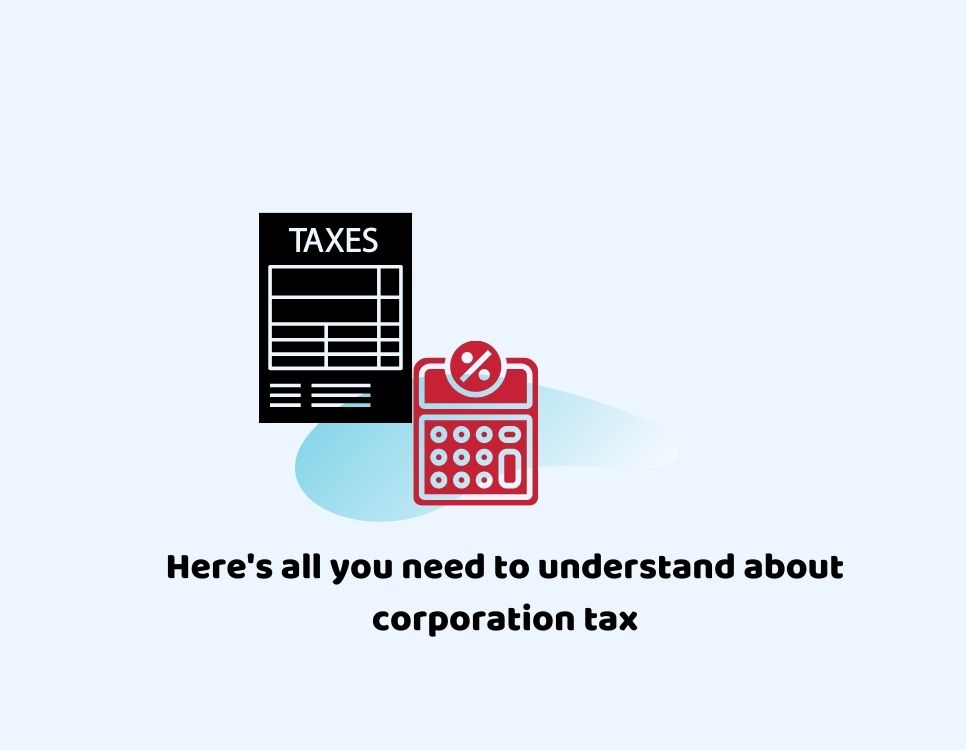
30/05/2024corporation tax , tax
When is corporation tax due? In this discussion, we’ll explore the key deadlines and rules surrounding Corporation Tax. Including the payment deadline, filing requirements, and what happens if you miss a payment or filing deadline. In case you’re a small startup or a large multinational corporation, understanding when Corporation Tax is due is vital. This is to maintain good financial standing and avoid any issues with HM Revenue & Customs.
Get in touch with our young, clever, and tech-driven professionals if you want to choose the best guide on when is corporation tax due.
When Is Corporation Tax Due?
If you’re a business owner or accountant, it’s essential to know when Corporation Tax is due to avoid any penalties or fines. Corporation Tax is typically due nine months and one day after the end of your company’s financial year. This is known as the “payment deadline.” For example, if your company’s financial year ends on March 31st, the Corporation Tax payment deadline would be December 1st of the same year.
How to Pay Corporation Tax?
You can pay Corporation Tax online or by bank transfer. You’ll need to include your company’s name, address, and Corporation Tax reference number (UTR) with your payment. Make sure to keep a record of your payment, as you may need to refer to it later.
If you miss the payment deadline, HM Revenue & Customs (HMRC) may charge interest and penalties on the unpaid tax. To avoid this, make sure to pay your Corporation Tax on time or contact HMRC if you’re experiencing difficulties. Make sure to pay online or by bank transfer, including your company’s details and UTR number.
Who Pays Corporation Tax?
Who exactly pays this tax? In this explanation, we’ll break down the types of organisations that are required to pay Corporation Tax.
Unincorporated Associations
Unincorporated associations, such as clubs, societies, and charities, may also be required to pay Corporation Tax if they have a trading income. This includes income from activities such as selling goods or services, renting out property, or investing in assets.
Co-operatives
Co-operatives, which are businesses owned and controlled by their members, are also subject to Corporation Tax. This includes worker co-operatives, housing co-operatives, and consumer co-operatives.
Foreign Companies
This includes companies that are resident in another country but have a permanent establishment in the UK.
Exemptions
Some organisations are exempt from paying Corporation Tax, including:
- Sole traders and partnerships (although they may be required to pay Income Tax)
- Charities and non-profit organisations (although they may be required to pay tax on trading income)
- Community Amateur Sports Clubs (CASCs)
Corporation Tax Penalties
Corporation Tax is a vital revenue stream for the UK government, and failing to comply with tax obligations can result in significant penalties. If you’re a business owner or accountant, it’s crucial to understand the penalties associated with Corporation Tax non-compliance.
If you miss the payment deadline for Corporation Tax, HMRC may charge a penalty for the unpaid tax. Failing to file your Corporation Tax return on time can result in an automatic penalty of £100. If the return is more than 3 months late, the penalty increases to £200. Additional penalties of up to 10% can be charged if the return is more than 6 months late.
Penalties for Inaccurate Returns
If your Corporation Tax return contains inaccuracies or omissions, HMRC may charge a penalty of the tax due. This penalty can be increased if the inaccuracy is deliberate or 100% if the inaccuracy is deliberate and concealed.
If you fail to pay Corporation Tax or file your return late, you may be subject to a surcharge penalty. You can also make a voluntary disclosure to HMRC if you realise you’ve made an error or omitted information from your return.
Inaccurate Corporation Tax information
Inaccurate information can lead to errors, omissions, and even penalties.
Inaccurate information can include:
- Errors in calculations or computations
- Omissions of income or expenses
- Incorrect claims for reliefs or deductions
- Failure to disclose relevant information
- Incomplete or inaccurate records
Consequences of Inaccurate Information
If you submit inaccurate Corporation Tax information, you may face:
- Penalties of up to 30% of the tax due (or 70% if the inaccuracy is deliberate)
- Interest charges on unpaid tax
- Delayed or lost tax relief
- Increased scrutiny from HMRC
- Potential criminal investigation
Risks of Inaccurate Information
Inaccurate Corporation Tax information can also lead to:
- Overpayment or underpayment of tax
- Incorrect financial reporting
- Misleading stakeholders (e.g., investors, shareholders)
- Damage to your business’s reputation
- Legal and financial consequences
To avoid inaccurate Corporation Tax information:
- Ensure accurate and complete records
- Double-check calculations and computations
- Seek professional advice if unsure
- Disclose all relevant information
- File tax returns on time
The Bottom Line
In conclusion, when is corporation tax due, Corporation Tax in the UK is a vital revenue stream for the government. To ensure compliance, businesses must file their Corporation Tax returns accurately and on time, and make payments by the due date to avoid interest and penalties.
HMRC takes tax compliance seriously, and understanding when Corporation Tax is due can help you stay on the right side of the law. If you ensure keeping accurate records, seeking professional advice if needed, and meeting deadlines, you can ensure your business meets its Corporation Tax obligations. This will help to avoid any unnecessary consequences.
Reach out to our intelligent and clever-minded guys to get the answer to your queries in the UK, we will get to your answers quickly.
Disclaimer: The general information provided in this blog about when is corporation tax due includes text and graphics. It does not intend to disregard any of the professional advice in the future as well.


